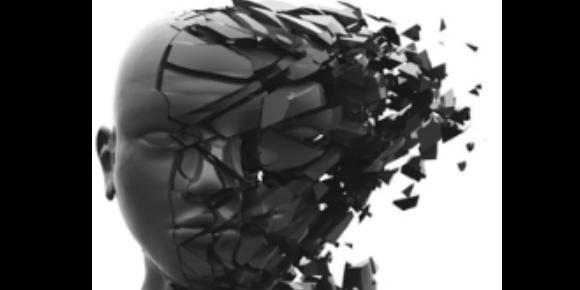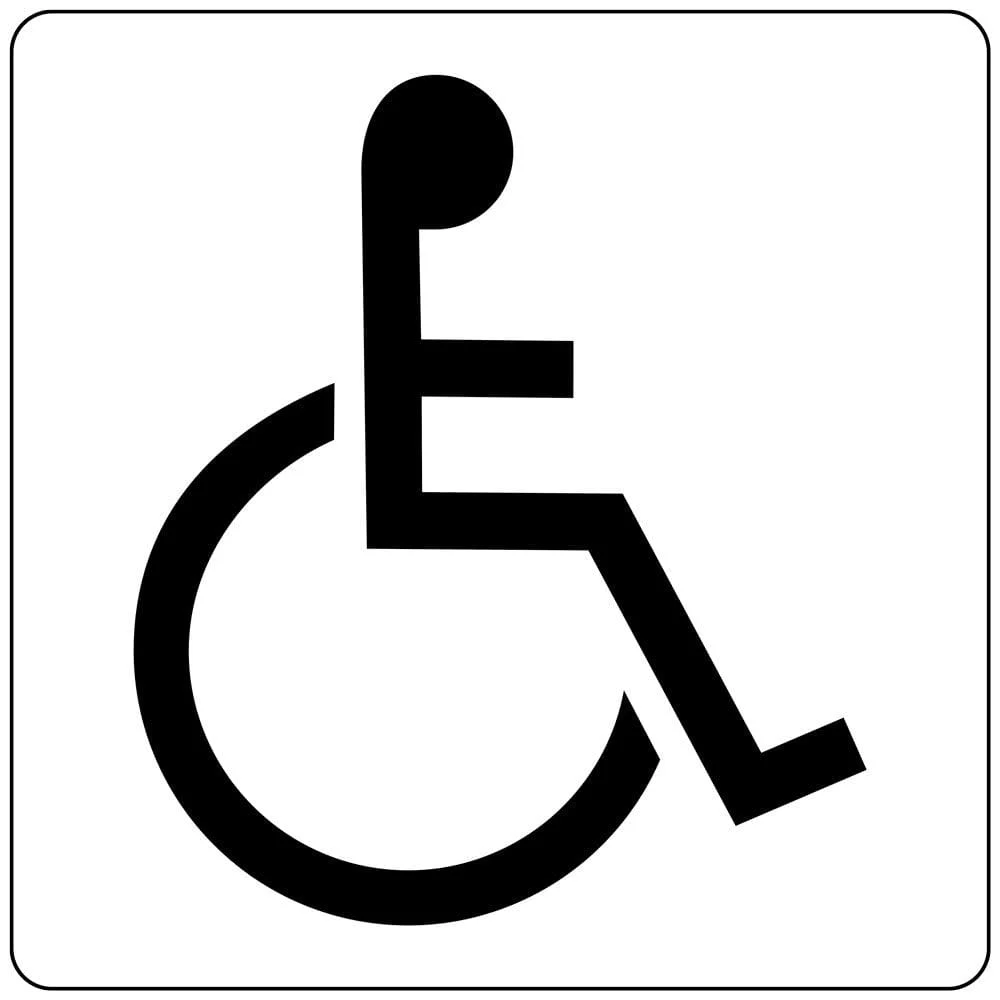
You may think the only factors that lead to hearing loss are noise exposure and aging, but that’s not the case. While these are both causes of hearing loss, your hearing can also be damaged by illness or injury. Head injuries lead to hearing loss more often than you might think.
What is Traumatic Brain Injury (TBI)?
Damage caused by physical force to the brain is known as TBI. This is often blunt trauma due to a physical object but can also be a direct result of sports injuries, auto crashes, and gunshots.
TBI may have wide-ranging implications for those who suffer from it because the brain is the seat of our personality, sensory perception, and regulates so many different body functions. A mild concussion may or may not have lasting consequences, but severe neurological problems and even death may result from repeated minor traumas.
Leading Causes of Head Injuries
The CDC sites falls as the largest cause of traumatic brain injury in the United States in 2014. They account for close to half of ER visits that resulted in a TBI diagnosis. The elderly and very young are affected by falls disproportionately. Motor vehicle collisions are also a significant cause of TBI.
Contact sports get a lot of press regarding the number of players sustaining head injuries. Whether it be football, soccer, hockey or lacrosse, many push for players and coaches to show more caution as we learn more about concussions and other head injuries and are mindful of some of these traumatic brain injuries’ long-term effects. The health risks of repetitive injuries are dire and can lead to permanent brain damage or even death.
More often, though, TBI can lead to a more chronic condition such as hearing loss.
Hearing Loss and TBI
Traumatic brain injuries could lead to hearing loss in several ways:
- The pathways between the outer ear and the brain’s auditory cortex may be damaged by head trauma, leading to temporary and often permanent hearing loss.
- The eardrum can also be damaged from trauma.
- The small bones of the middle ear can get broken or dislocated, and there can be damage to the tissues of the inner ear.
- Finally, there might be cochlear nerve ischemia, where blood vessels critical to hearing can become blocked.
Hearing loss from TBI could involve several other side conditions, including dizziness, vertigo, tinnitus, headaches, and chronic nausea. Other signs include trouble processing speech, which can be even more pronounced when background noise is present.
People with hearing loss due to TBI can also have trouble recognizing where specific sounds come from and severe sound sensitivity (which is called hyperacusis).
Treating Hearing Loss
Identification and treatment should begin as soon as possible. In the meantime, try to eliminate background noise and reduce distractions. Ask your family and friends to face you directly when speaking, so you can concentrate on what they’re saying, and pick up on visual as well as auditory cues.
Schedule an appointment for a hearing test. A hearing healthcare provider offers hearing tests that assess both ears’ hearing capacity. It will highlight the degree of hearing loss you might be experiencing.
Hearing aids are the most common treatment for hearing loss. They are devices that receive, process, and amplify sound to improve hearing in the frequencies of sound you are lacking.
Hearing aids are smaller and more sophisticated than ever, featuring numerous innovations built-in to improve usability and hearing in many different sound environments.
Seeking Treatment for Hearing Loss
Sports are one of the primary sources of concussion or traumatic brain injury for younger individuals. It is a good idea to get a hearing exam done at our office before your sports season begins. This will enable you to develop a baseline score for your hearing and will make it easier to notice changes to your hearing as the sports season progresses. If you have already noticed changes to your hearing, testing is also recommended. Whatever your situation, contact us today to set up a hearing test! We’re here to help.

